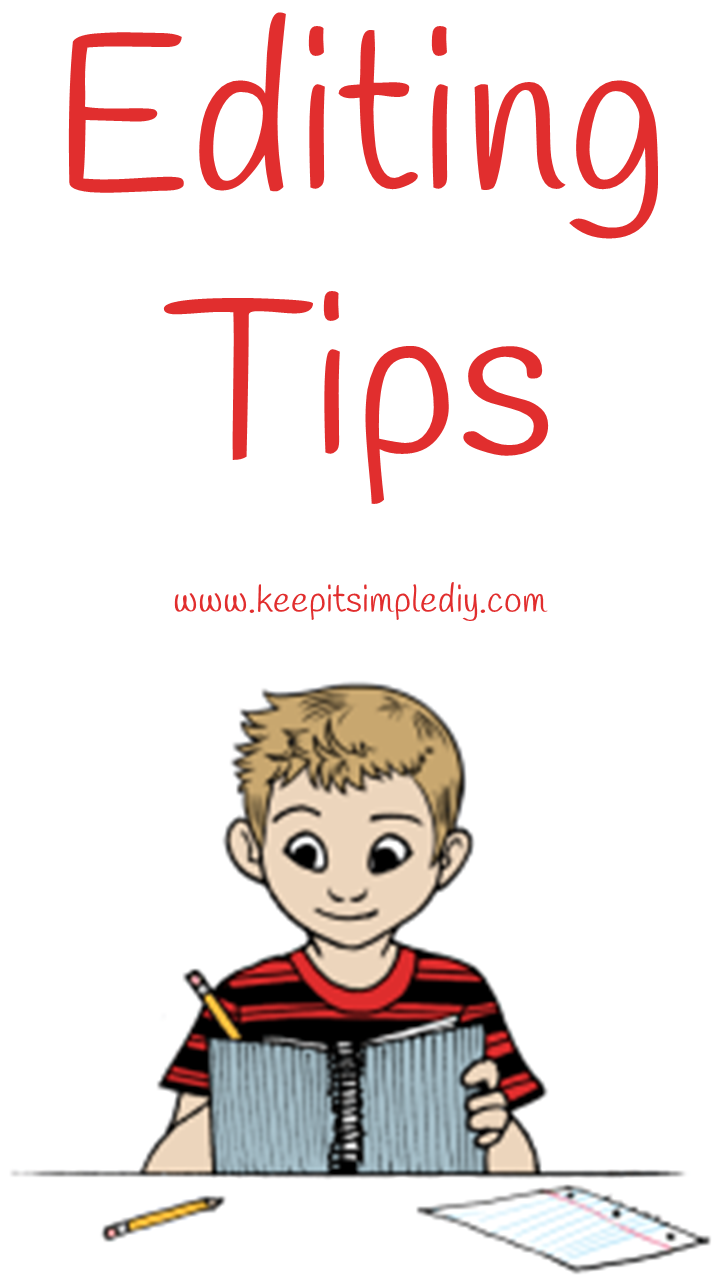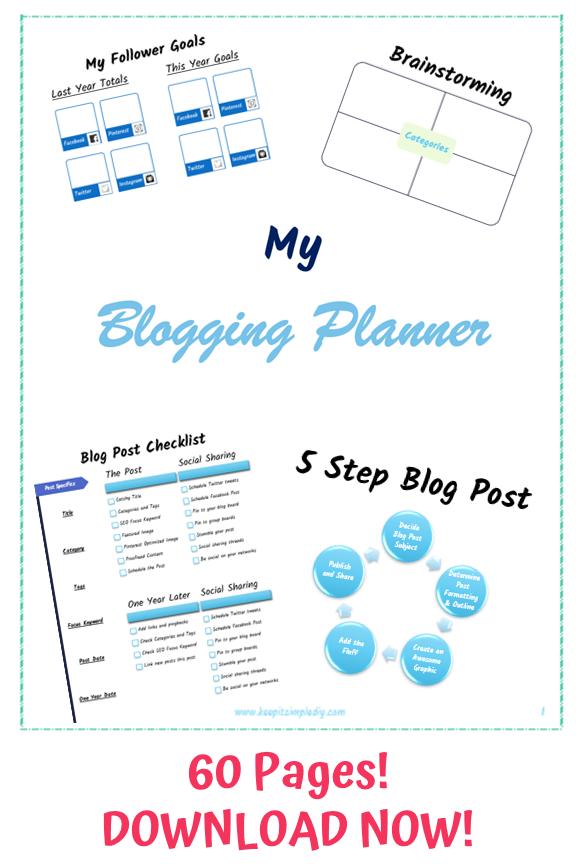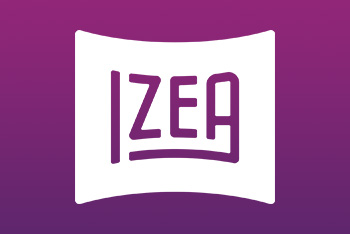So, you have your story complete and you are ready to edit, but you don’t know where to look.
Firstly, edit your work before you send it to anyone else. When you edit your work, be sure to make sure you stay in the same tense throughout your story. Also, check to make sure your storyline fits into place. If it doesn’t, change it up. Once you are sure that your storyline is firm, check for the ‘juice.’ Every story needs to contain spice to gain interest and engage your reader.
Next, have others read your story. You can start by either going to your target audience, or going to a third party.
If you choose to go to the target audience, ask them what they like about the story, what they didn’t like, what they wanted more of, if there are any new ideas that could take the story to the next level. Sometimes it’s hard to write for an audience if you are not part of the audience yourself. For example, we have all been children at a point in our lives, but how many of us can truly put ourselves back in those shoes and feel as passionately about something that to adults seems so small? Children are great for adding the imagination and magic to stories.
By going to a third party, ask them to make sure your formatting is correct, you are using proper grammar, you don’t hinder too long on a part of the story that is not necessary, etc. They can also answer the same questions as the audience. Each editor will be coming from a different point of view, and will have something new to add to the piece, so seek out many people to edit your piece for you. If you do not agree with something an editor is saying, don’t change it. Ultimately, your voice is what needs to be shining through in the piece.
Did I use a professional editor?
No, I did not use a professional editor. I had around ten people edit my story and I read my story to children in the age group for it. One person who edited for me is great with the imagination and bringing the story to light. Another, is great with grammar. I have some who were good at catching formatting or other errors. Without each different editor, I would have missed out on improving in one or more of these areas.
Would I recommend using a professional editor?
I can’t say yes or no to this question. There are positives and negatives to it, as there is to everything in life. An up-side is that you know your work is in good hands and will be edited very thoroughly. However, hiring a professional editor has its financial costs and could be straining on a strict budget. Also, if you are hiring a professional, are you hiring a team or an individual? You still want to make sure you are getting a variety of editors from different reading backgrounds because your audience will all be coming from different backgrounds.
Other thoughts:
Do not rush your editing. It may take fifteen edits before your piece is ready to move forward, but it will be worth it to be patient and put as much in as you can. Plus, it’s better to catch any issues before you start preparing your work to be finalized.
Do not take offense to the feedback you receive. The feedback is a way for you to improve and make your story more memorable. Everyone has room for improvement, and the best opportunity is when someone shows you where those areas are.
Thank your editors. You can do this any way you would like. You could give them a gift certificate, write them an appreciative letter, mention them in your book, etc. With the AJSA series, I’ve chosen to mention my editors in the book to show my appreciation.


 Buy the digi book here
Buy the digi book here


